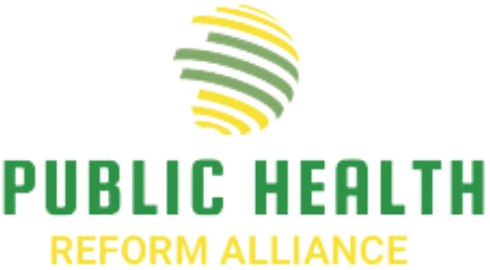According to the Kaiser Family Foundation (KFF), nearly 30% of net federal outlays in fiscal year 2023, approximately $1.9 trillion, were spent on “support for health programs and services.” The public health bureaucracy is spread across several federal agencies and exerts substantial influence over the everyday lives of hundreds of millions of Americans, the investments of large corporations, and the research interests of most institutions of higher education. Nowhere is this seen more than the Department of Health and Human Services (HHS), the primary federal agency charged with managing and overseeing the nation’s major public health insurance programs, regulating the pharmaceutical industry, and funding research and development that form the basis of much of the public health bureaucracy’s guidelines and pronouncements.
In FY2023, approximately $1.9 TRILLION was spent on “support for health programs and services.”
At no time in our history has the public possessed so little trust in the public health bureaucracy. The federal government’s response to the COVID-19 pandemic proved a pivotal moment and forced many Americans to revisit their long-held assumptions about the motivations, knowledge, and conduct of those directing and serving in the public health sphere. It became clear to many Americans that giving these officials the benefit of the doubt and unquestioned adherence to their pronouncements was no longer warranted. The floodgates have since opened as the spotlight has shone on other programs, officials, and decisions of the federal public health apparatus.
The time has come for reform. This must begin with transparency and greater public education about how these respective federal agencies operate, who is influencing their decisions, and what this means for your health (from your care to your choices to your pocketbook). The mission of the Public Health Reform Alliance is to shine a bright light on the public health system so it works better for all Americans, not just special interests, entrenched bureaucratic fiefdoms, and ideologically driven activists.

Meet our Director
Martin Hoyt
Martin Hoyt has operated a small government affairs practice representing associations, non-profit organizations in Washington, DC and in many states. He has been a government affairs leader, lobbyist and policy expert for more than 30 years with extensive policy and regulatory experience in healthcare, non-profit associations and charities, religious freedom, religious private and home education, and related tax issues. Martin earned a Bachelor of Arts degree from the American University.

